Tony Burke sounds alarm on Lebanon refugee ‘catastrophe’
The Home Affairs Minister has warned Lebanon’s refugee crisis could rival the displacement of Rohingya Muslims as one of the world’s worst humanitarian catastrophes if Israel does not stop hostilities.
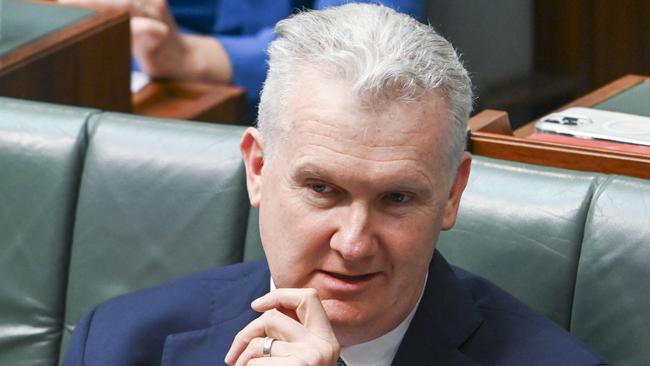
Home Affairs Minister Tony Burke has warned that Lebanon’s refugee crisis could rival the displacement of Rohingya Muslims in East Asia as one of the world’s worst humanitarian catastrophes if Israel does not stop hostilities.
Mr Burke said that unlike that crisis, in which about one million Rohingya Muslims had been forced out of Myanmar and into Bangladeshi refugee camps, there remained time for Middle East leaders and Western governments to intervene at the emergency’s inception.
Speaking on Saturday in Sydney, Mr Burke also urged besieged Lebanon against becoming a “winner-takes-all nation”, and said it had and would continue to be a successful country of different faiths and people.
“I’ve just come back from Bangladesh, which has the worst refugee crisis in the world with the Rohingyas at Cox’s Bazar (refugee camp),” he said at a Lebanese Forces Party event on Saturday.
The persecuted Rohingya Muslim minority had fled Myanmar from military attacks and violence in waves since 2017, and it’s estimated there were more than 2 million internally displaced, and about 1 million now in Cox’s Bazar.
“(That is) just a bit of context, because I think it gives a scale that the world doesn’t understand with respect to Lebanon,” Mr Burke said.
“The Rohingya crisis at the moment in Bangladesh amounts to a million people, a million refugees in a Bangladeshi population of 174m people.
“In Lebanon, you have 1.5 million Syrian refugees in a population of 5.8 million people … and now we have 1 million people being displaced from the south to the north (of Lebanon).”
Mr Burke said Lebanon’s growing refugee crisis was one reason why Foreign Affairs Minister Penny Wong announced in late October that Australia would provide an additional $10m in aid to Lebanon, and reiterated the government’s call for a ceasefire.
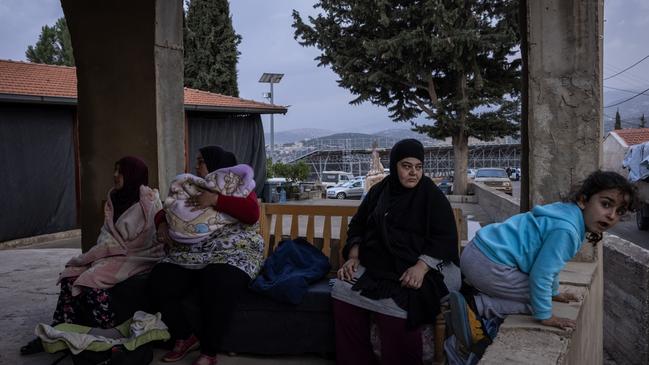
“(A part of the reason behind) the humanitarian crisis in Bangladesh is simply that the world got onto it too late,” he said.
“We cannot let the world (arrive) too late to the crisis in Lebanon.”
Hezbollah and the Israel Defence Forces have traded rocket attacks since the onset of the Israel-Hamas war, before hostilities escalated in September when Israel killed the terror group’s leader, Hassan Nasrallah.
About 1 million people had been displaced in Lebanon since October 2023, and the country’s health ministry says almost 3000 people have been killed.
Prominent Lebanese Muslim community leader Jamal Rifi, whose brother Ashraf is a MP representing parts of Lebanon’s north, said the crisis was “devastating” for the country and Australia’s diaspora.
He said that while the majority of those displaced were Lebanese Shia, the south also homed Maronites and Sunni communities, with the country’s already-strained north hosting many of the refugees.
“And winter is coming, where we’ve (previously) had rolling blackouts and a shortage of fuel,” Dr Rifi said, adding that urgent intervention was “critical”.
“Churches and schools have opened their doors to home refugees, but not enough help is coming for a crisis of this magnitude. People won’t just die of bombs but also hypothermia.”
Australian Strategic Policy Institute security and global affairs expert John Coyne said that although there was time to “proactively deal” with the latest waves of Lebanese refugees, it was important to acknowledge the problem was “multi-generational”, and was without a quick or simple fix.
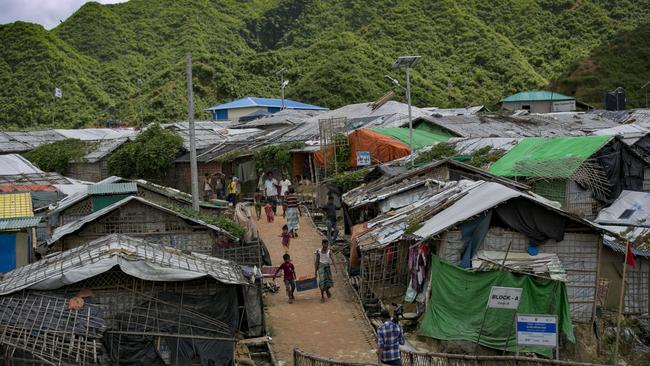
“The ongoing conflict in Gaza and Lebanon has contributed to decades of refugee displacement… (where) wars, blockades, and recurring violence have forced many Palestinians to flee, creating one of the world’s largest and most protracted refugee populations,” said Dr Coyne, ASPI’s national security programs director.
“Since the 1948 Arab-Israeli conflict, millions have sought refuge, mainly in neighbouring countries like Jordan, Lebanon, and Syria.
“Lebanon’s conflicts, including its civil war and clashes involving Hezbollah, have also driven people from their homes, exacerbating regional instability.”
Dr Coyne said that the “harsh conditions” refugees faced in overcrowded camps only “fuelled” social tensions, which added to the region’s complexity.
Saturday’s event was hosted by Sydney’s Lebanese Forces Party diaspora branch – the party is Christian-based and in opposition to Hezbollah, but has a record of political collaboration – where Mr Burke said Lebanon would re-emerge as a diverse, multi-faith country.
“This event (has always been) not a gathering of one political party but for a message for Lebanon,” he said.
Mr Burke – who has been vocal about the importance of his own Catholic faith – pointed to Pope John Paul II’s description of Lebanon as “more than a country” but a “message of freedom” and an “example of pluralism”.
“We (Australia) believe in that message (description) of Lebanon, too… we do not believe in a winner-takes-all nation.
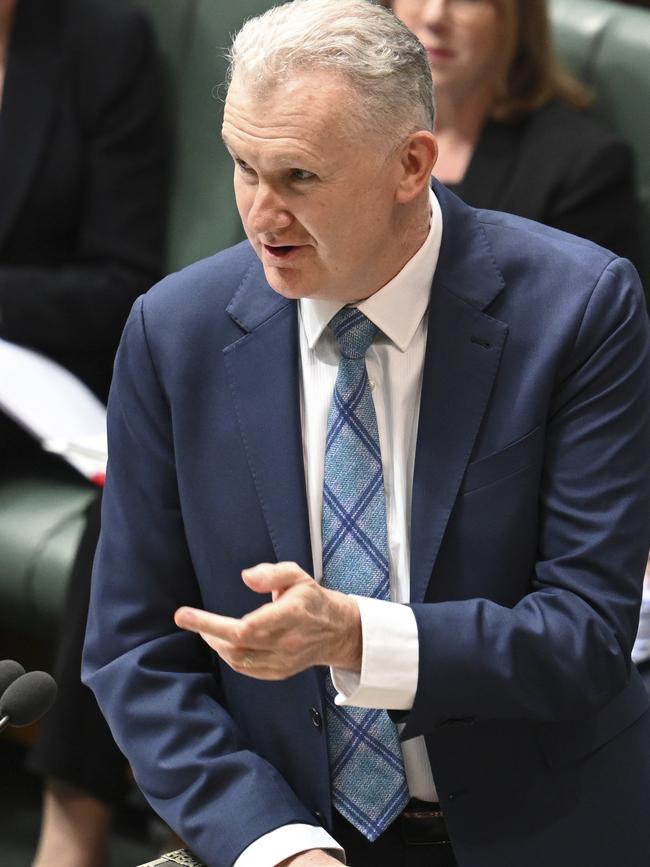
“It is possible for there to be a country of people with so many faith backgrounds who live in peace on the very land where the apostles first preached.”
Saturday’s event was headlined by former Social Affairs Minister Pierre Bou Assi, a Lebanese Forces Party MP, who said political allegiances came secondary to building a better Lebanon.
“We put our (hopes) in the hands of every human being who seeks the interest of Lebanon and the Lebanese people,” he said, urging people both in Australia and in the Middle East country to build a nation “for everyone” and for the next generation.
It follows a week of turmoil for the Labor government, induced by allegations Anthony Albanese sought free upgrades on personal travel from then-Qantas chief-executive officer Alan Joyce.
Mr Burke faces a fight at next year’s likely election against independent Ziad Basyouny, whose campaign is co-ordinated by The Muslim Vote movement, but whose task is difficult given Australia’s preferential voting system, and large divisions within Watson’s Muslim community split across “pro-Burke” and “anti-ALP” lines.



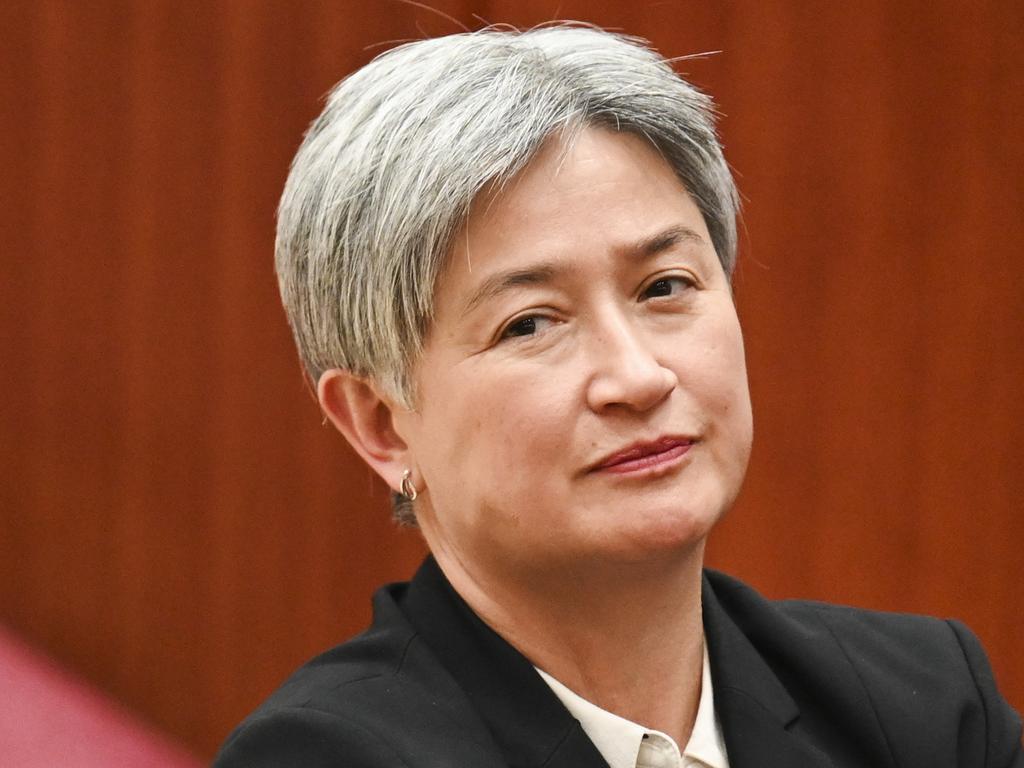
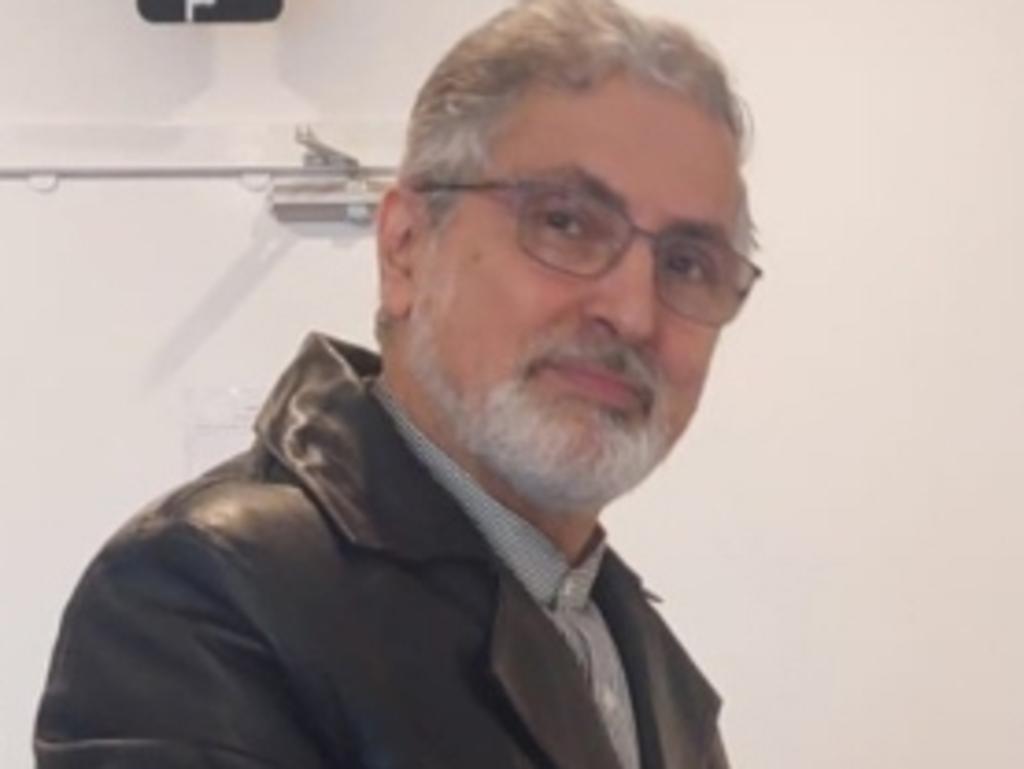
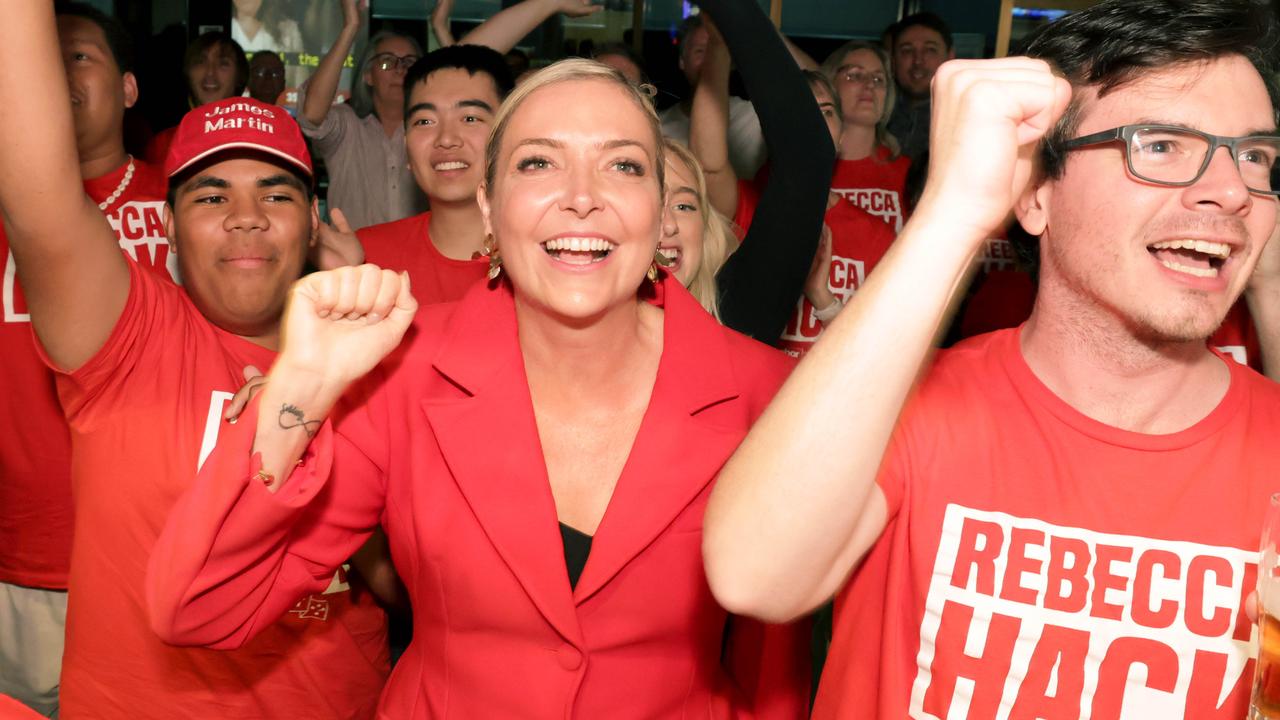

To join the conversation, please log in. Don't have an account? Register
Join the conversation, you are commenting as Logout